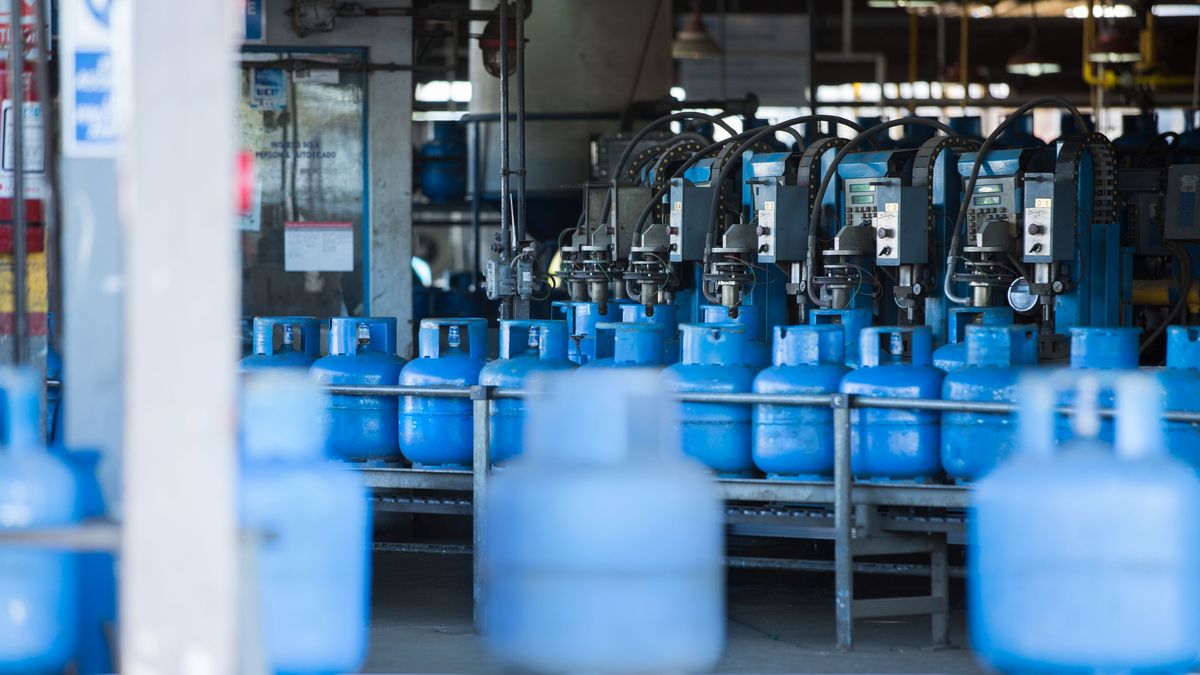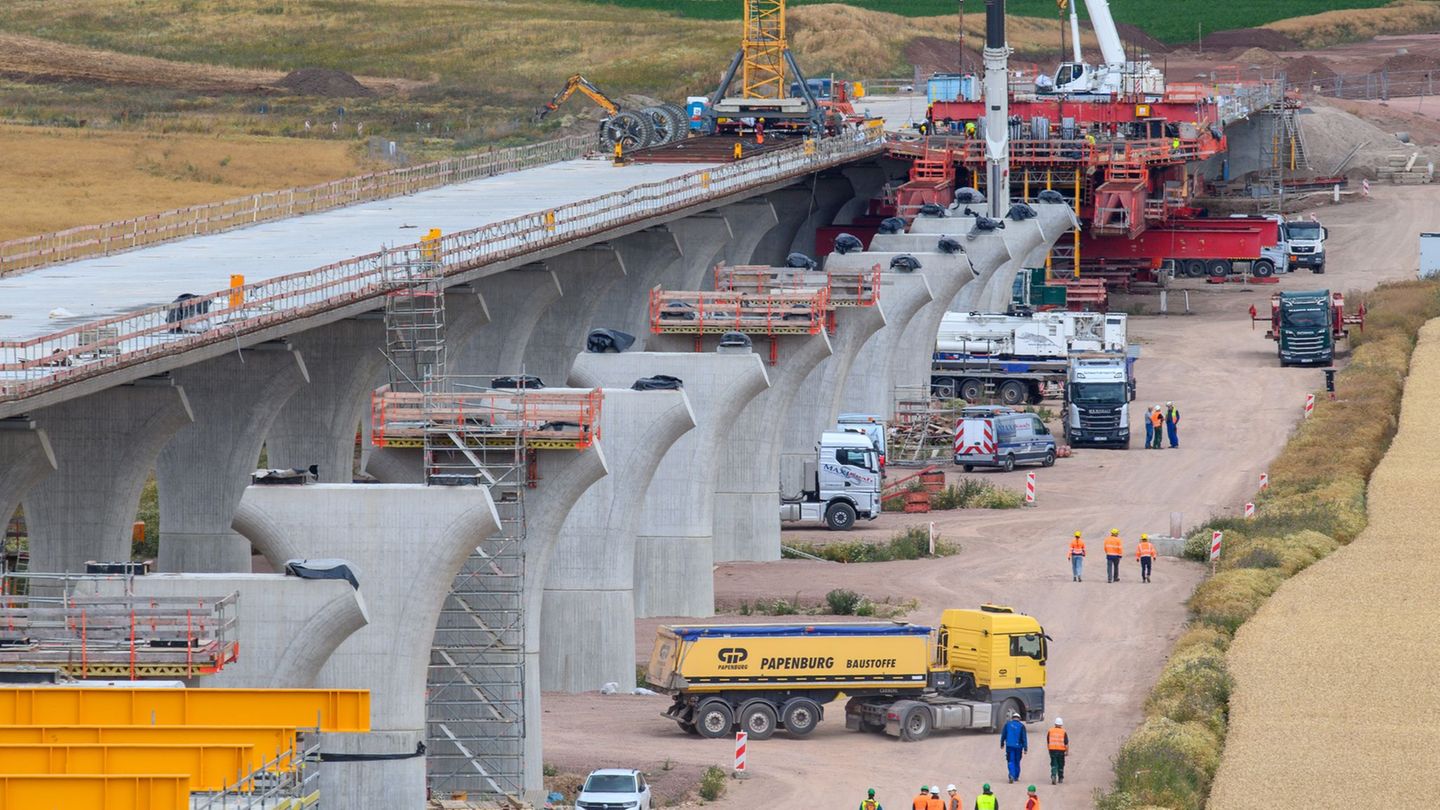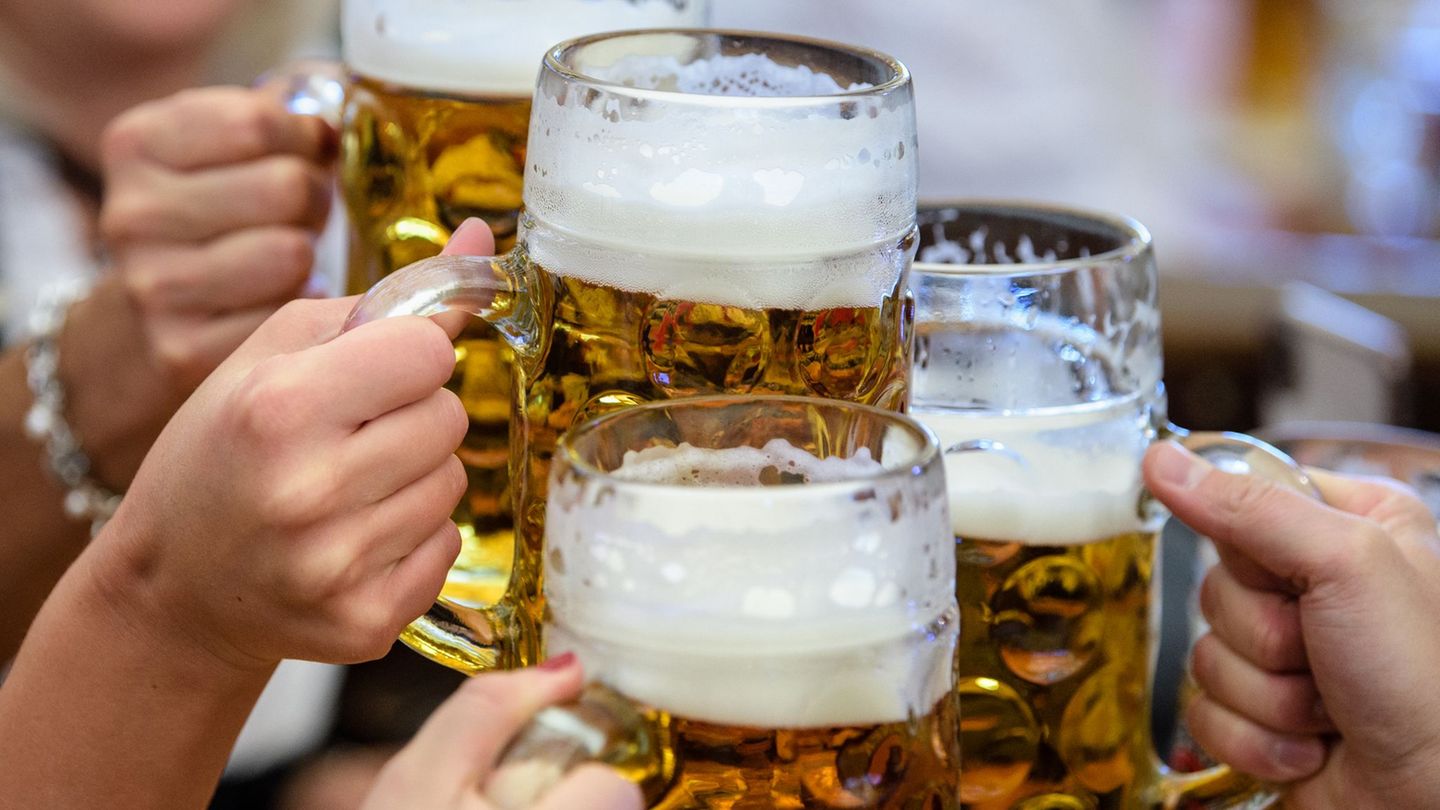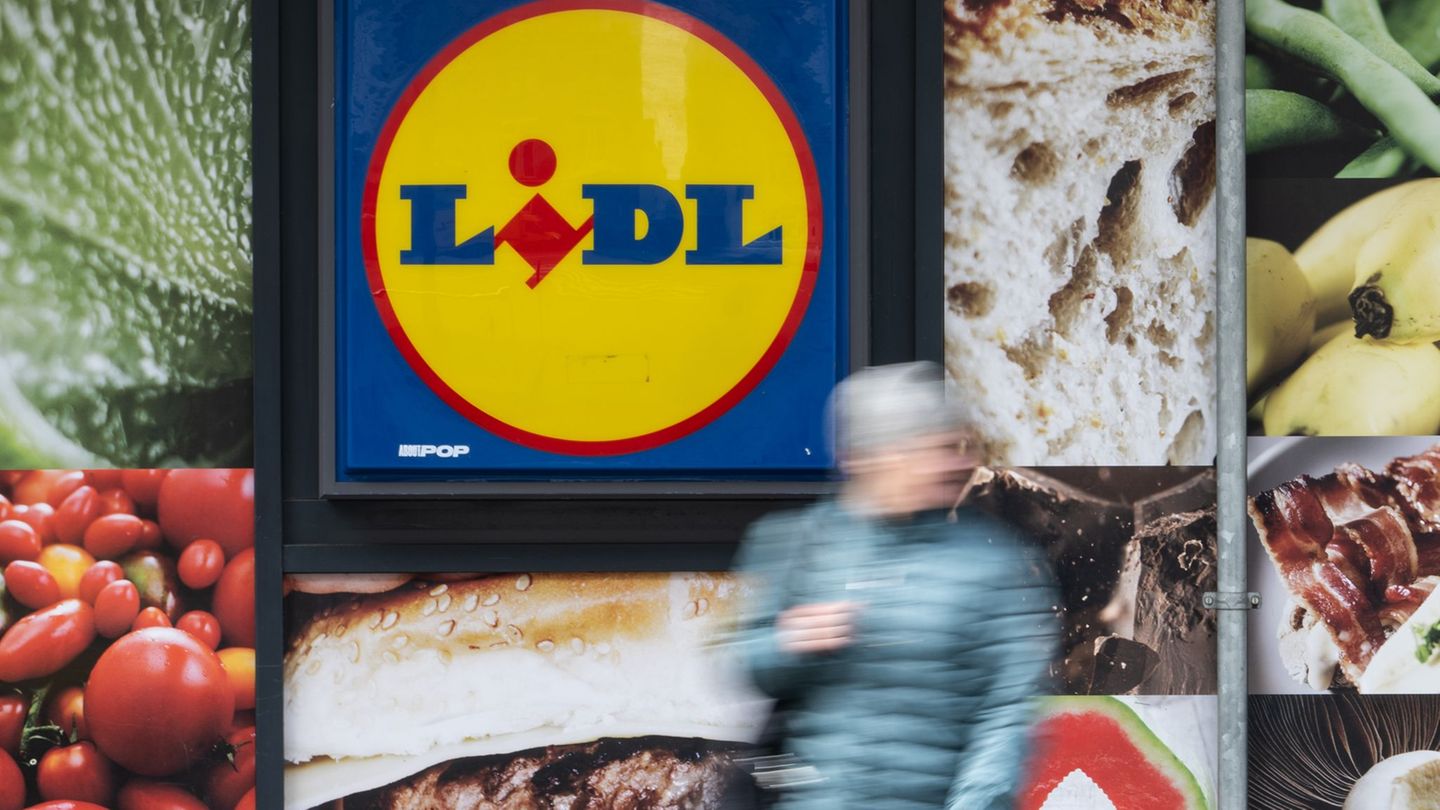Megal, which had already bid for the bottling plants in the table – which were left in the hands of Riogas and Acodike— obtained the pre-award of the first tranche for 45% of the demand in a five-year contract, and 25% of the demand for the second tranche, in a three-year contract.
If everything progresses along the same path —the award should be resolved this week to take effect from March 1—, the supergas company will be able to bottle 14 million kilos more per year. Meanwhile, the remaining 30% of the liquefied gas that Ducsa distributes is still in negotiations.
The new scenario in the supergas market
The government’s objective is to create a supergas market with greater competition among the actors through new tender contracts for packaging plants that modify the association scheme.
To this end, it reduced and differentiated the length of the contracts that were auctioned in mid-December for the La Tablada bottling plants —which, although they remained in the hands of Riogas and Acodike as was the case, managed to improve the competitiveness of the offers, as well as differentiating the terms that contemplated the permits for the use of the facilities.
In this scenario, Megal, the only company in the Uruguayan market that has its own bottling plant, would be in charge of operating 70% of the supergas as of March 1, for five and three years.
Source: Ambito




